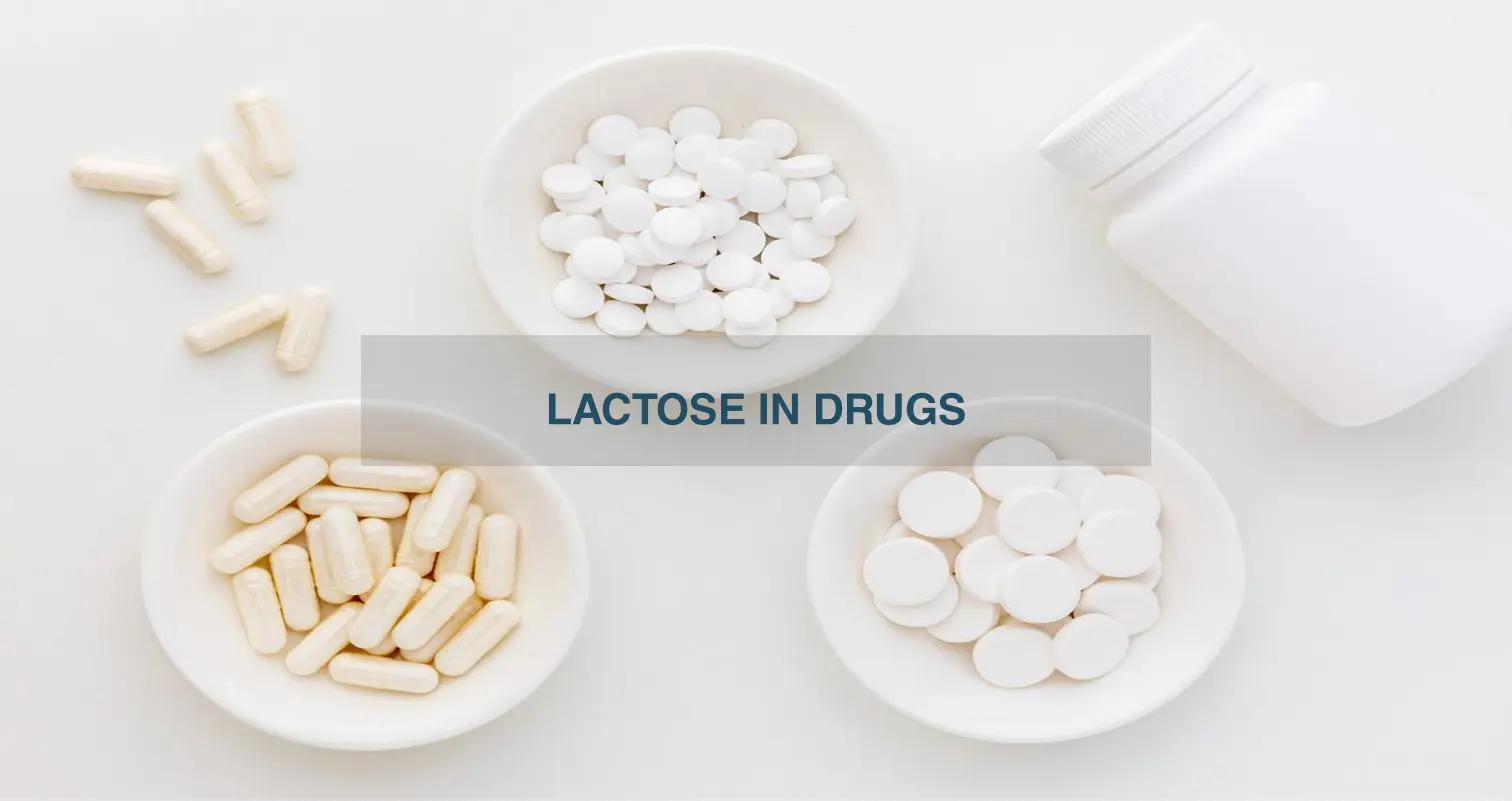
Lactose In Drugs: Safety and Relevance for Intolerant Patients
Lactose, a sugar found in milk and milk products, plays a valuable role as an excipient to manufacture medicines. This component, also known as a diluent or vehicle, fulfills various functions that contribute to the drug manufacturing process. It is important to note that the presence of lactose as an excipient does not affect people who are intolerant to this sugar since the amount used in medicines is lower than the limit at which people who suffer from lactose intolerance begin to feel the first symptoms such as gas and flatulence.
Benefits of Lactose in Drug Manufacturing
Lactose as an excipient offers numerous benefits in drug manufacturing:
- It is widely available.
- Economically viable.
- It possesses physical properties that improve the quality and stability of pharmaceutical products.
- It is an inert excipient that does not react chemically with other drug components, ensuring its integrity and efficacy.
It is important to note that the amount of lactose used in medicines is minimal and does not represent a problem for lactose-intolerant people.
Lactose intolerance occurs due to a deficiency of the enzyme lactase, which is needed to break down lactose into glucose and galactose. However, the amount of lactose in medications is usually less than 12 grams per dose, which even people with severe intolerance can tolerate without experiencing symptoms.
At Mathiesen, we understand the importance of excipients for manufacturing medicines, including lactose. We work with these high-quality excipients and are committed to providing our customers with reliable solutions for their pharmaceutical developments. Our team of experts is always available to advise and support the usage of lactose or other excipients, ensuring the efficacy and safety of pharmaceutical products.
If you would like to receive more information about lactose or other excipients, do not hesitate to contact us, and one of our experts will contact you shortly.















